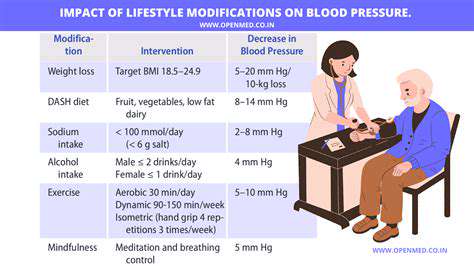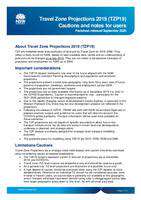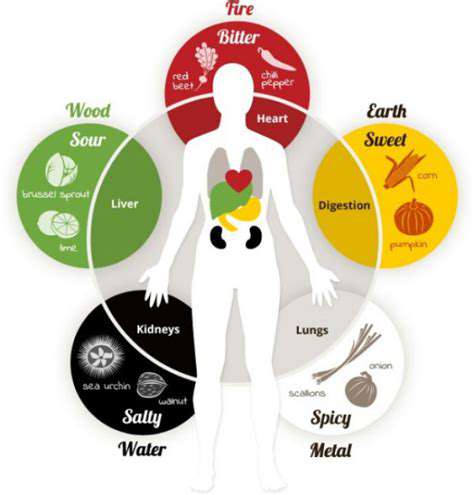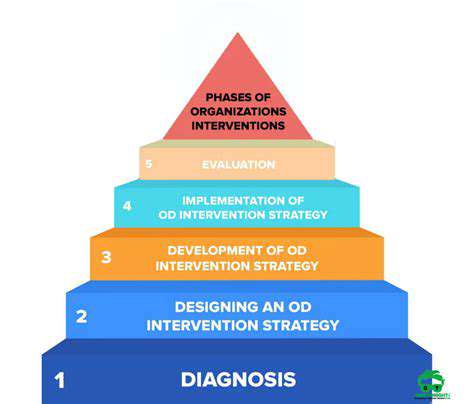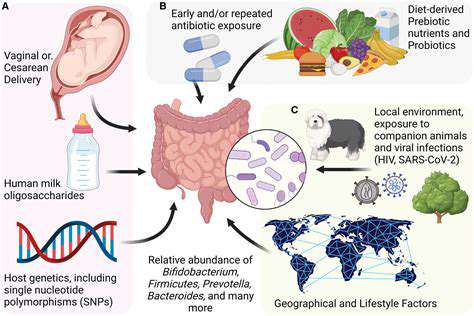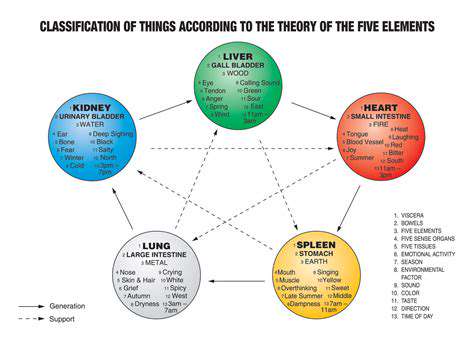Diet and Autoimmune Disease: A Holistic View
Personalized Nutrition Plans and Ongoing Support
Tailored Dietary Approaches for Specific Autoimmune Conditions
Autoimmune diseases, like rheumatoid arthritis, lupus, and type 1 diabetes, manifest differently in each individual. Therefore, a one-size-fits-all dietary approach is ineffective. Personalized nutrition plans consider the specific autoimmune condition, its symptoms, and the individual's unique needs and preferences. This personalized approach focuses on identifying and eliminating triggers, such as specific foods or food groups, that may exacerbate symptoms. A registered dietitian or nutritionist can guide the development of a tailored plan, ensuring it aligns with the individual's overall health goals and lifestyle.
Understanding the interplay between diet and inflammation is crucial. A personalized plan can help reduce inflammation associated with autoimmune diseases, which can translate to improved symptom management and overall well-being. This approach goes beyond simply eliminating foods and incorporates strategies for optimizing nutrient intake, supporting the immune system, and promoting overall health.
Nutrient Optimization for Immune System Support
Certain nutrients play critical roles in supporting a healthy immune system. Personalized nutrition plans often focus on optimizing the intake of these crucial nutrients. For example, vitamin D is known for its immunomodulatory properties. A nutrition plan might include recommendations for increasing vitamin D intake through sunlight exposure, dietary sources, or supplementation, as appropriate. This tailored approach helps ensure the body receives the necessary nutrients to function optimally and support immune response.
Other key nutrients often highlighted in personalized plans include antioxidants, omega-3 fatty acids, and specific vitamins and minerals. The plan considers individual needs and potential deficiencies, ensuring a balanced approach to nutrient intake. This proactive approach to nutrient optimization can be a powerful tool in managing autoimmune symptoms and promoting overall health.
Addressing Specific Dietary Needs and Allergies
Autoimmune diseases can affect individuals in unique ways, and certain dietary restrictions or allergies may need to be considered. A personalized nutrition plan takes into account any existing dietary restrictions, food sensitivities, or allergies. This could include eliminating gluten, dairy, or specific food triggers identified through testing or symptom observation. This individualized approach ensures the plan is both safe and effective in managing the autoimmune condition.
Furthermore, personalized nutrition plans can be adapted to accommodate specific lifestyle factors. For example, the plan might include strategies for managing stress, improving sleep, and ensuring adequate hydration. These factors are all crucial for overall well-being and symptom management, and they are integrated into the personalized plan.
Monitoring Progress and Making Adjustments
A personalized nutrition plan is not a static document. It requires ongoing monitoring and adjustments as the individual's needs and condition evolve. Regular check-ins with a healthcare professional, including the registered dietitian or nutritionist, are essential for evaluating the plan's effectiveness. Monitoring progress involves tracking symptoms, assessing dietary adherence, and evaluating nutrient levels. These steps allow for the identification of areas for improvement and the necessary modifications to the plan. This proactive approach ensures the plan remains effective and relevant to the individual's evolving needs.
Ongoing Support and Education
Personalized nutrition plans are more effective when paired with ongoing support and education. This support system may include regular consultations with a registered dietitian or nutritionist. They can provide guidance, answer questions, and offer encouragement throughout the journey. This ongoing support is vital in maintaining adherence to the plan and ensuring long-term success. The education component of the support system equips individuals with the knowledge and tools to make informed dietary choices and manage their autoimmune condition effectively.
This ongoing support fosters a partnership between the individual, healthcare professional, and the nutrition plan, creating a holistic approach that promotes long-term well-being and symptom management.
